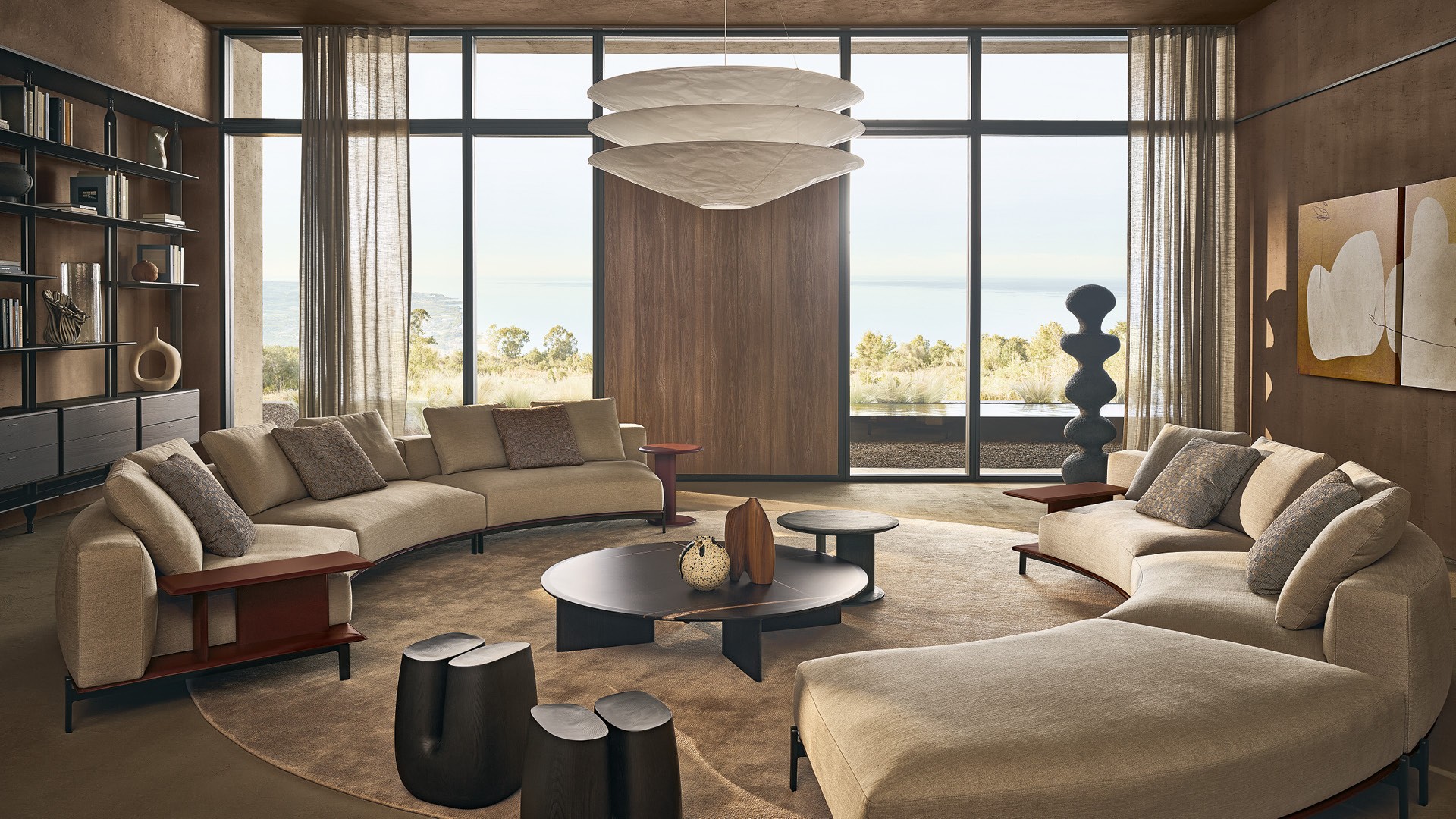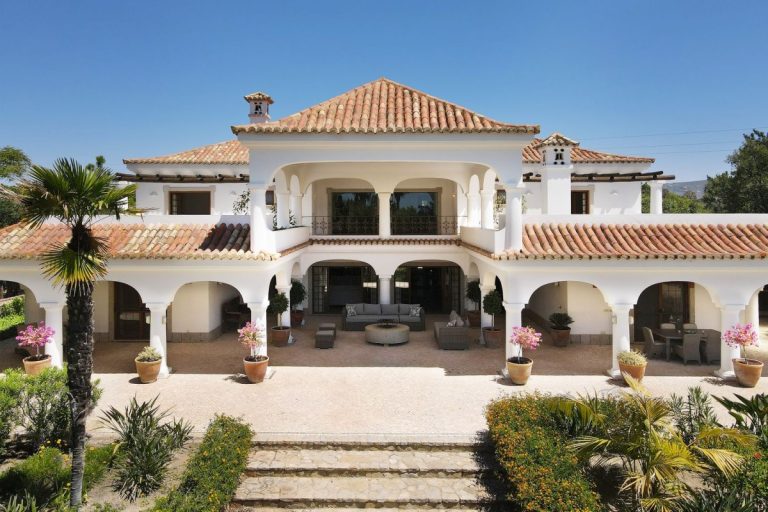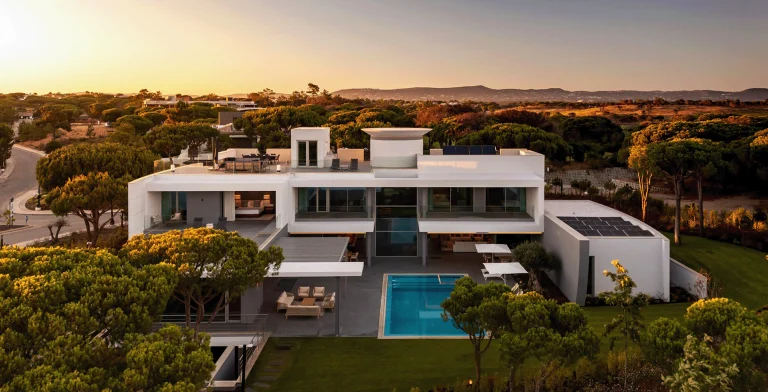Renovating a Villa in the Algarve: What You Can (and Can’t) Do
Thinking of renovating a villa in Portugal? Learn what you can and can’t do — including permits, costs, and renovation rules in the Algarve.
Found your dream villa — but it needs a little (or a lot of) work? Renovating a home in the Algarve can be incredibly rewarding, but it’s also full of legal, architectural, and bureaucratic hurdles. Especially with older or rural properties, it’s critical to understand what’s allowed, restricted, or requires formal approval.
In this article, we break down what types of renovations are permitted, how to navigate Portugal’s licensing process, and what to expect in terms of time, cost, and team.

Can Foreigners Renovate a Villa in Portugal?
Yes — non-residents can freely renovate property in Portugal, whether for personal use, resale, or rental. However, depending on the scope of the work and zoning, you may need one or more of the following:
- Construction license (Licença de Obras)
- Architectural project approval from the local Câmara (town hall)
- Structural reports, if altering foundations or load-bearing walls
- Permission from IGESPAR, if the property is in a protected heritage zone
What Renovations Require Approval?
| Renovation Type | Approval Needed? |
|---|---|
| Internal painting, kitchen updates | No (if no layout change) |
| Replacing windows or flooring | Possibly (if façade changes) |
| Changing interior walls or layout | Yes |
| Adding a pool, garage, or annex | Yes |
| Roof work or major exterior changes | Yes |
| Expanding the footprint or height | Yes (often complex) |
| Energy retrofits (solar, insulation) | Usually yes |
🛑 Many unlicensed extensions or annexes built decades ago are now non-compliant. Legalization may be required before renovation or sale.
What You Can’t Do (Without Trouble)
- Build on rustic land without confirmed urban classification
- Renovate a property in a RAN (Reserva Agrícola Nacional) or REN (Reserva Ecológica Nacional) zone without state permission
- Assume previous owner’s modifications were legal
- Start construction before project approval
- Modify protected structures in historic centres without formal heritage sign-off
How Long Does Renovation Approval Take?
- Small projects (e.g. bathroom remodel): 1–2 months if no layout change
- Projects needing architectural plans: 3–6+ months for approval
- In protected areas or complicated cases: up to 9–12 months
The speed largely depends on the Câmara Municipal, zoning, and quality of your architect’s submission.
Who Do You Need to Hire?
Renovating in Portugal typically involves:
- A licensed architect (mandatory for structural or footprint changes) or a professional Interior Designer
- A general contractor (empreiteiro) — ideally with local experience
- Optional: a project manager, engineer, or interior designer, depending on the scope
Many international buyers choose turnkey renovation firms that handle licensing, project planning, and execution from start to finish. Expect 10–15% of your budget to go toward architectural and design services.
For high-end or design-driven projects, companies like Algarve Interior Design can help elevate the result — from reworking floorplans and improving flow, to sourcing finishes and furnishing entire homes. These teams often have access to premium materials, global brands, and execution partners experienced in luxury builds.
💡 Early involvement of a design team can avoid costly changes later and ensure a cohesive result — especially in villas destined for rental or resale.
How Much Does Renovating a Villa Cost?
Very rough estimates (2025):
| Renovation Scope | Typical Cost per m² (EUR) |
|---|---|
| Light refresh (paint, fixtures) | €300 – €600 |
| Mid-level renovation (kitchen, windows, insulation) | €700 – €1,200 |
| Full rebuild or structural changes | €1,200 – €2,000+ |
| High-end renovation (premium materials & design) | €2,000 – €4,000+ |
📌 Total cost depends heavily on location, scope, access, and quality of finishes. Always include a 15–20% contingency buffer for older properties.
Permits and Paperwork You’ll Need
Your architect or contractor usually handles the bureaucracy, but here’s what’s typically involved:
- Pedido de Informação Prévia (PIP) – optional pre-check request
- Licença de Obras – formal renovation license
- Projecto de Arquitectura – stamped plans
- Alvará de Construção – permit allowing your builder to begin work
- Final inspection (vistorias finais) and updated Habitation License once complete
Do Renovations Add Value?
In the right area, absolutely. A quality renovation can:
- Make the home AL-rental compliant
- Improve energy efficiency and resale appeal
- Enable re-zoning or legalization of previously informal structures
- Attract design-focused international buyers looking for turnkey homes
🔗 See how modern design compares to rustic charm: Modern vs Traditional Villas: Which Style Suits You Best?
Need Help Finding a Renovation-Ready Villa or Trusted Interior Designer?
We help buyers identify renovation-worthy villas, understand zoning restrictions, and connect with experienced design and build teams — particularly in sought-after areas like Lagos, the Golden Triangle, and Vilamoura, where restoration projects are in strong demand.





